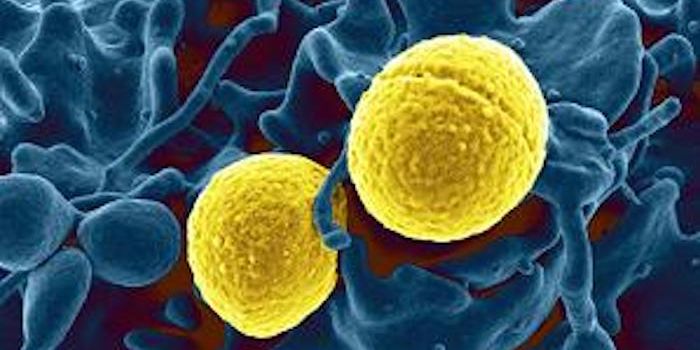Afraid of New Things? Your Genes Could be Responsible
Scientists have discovered a significant difference in how the brain works between those who act fearless and those who appear to be afraid of new things. Gene expression could be responsible for behavioral differences. Scientists curious to solve or help those who struggle with anxiety or neophobia, the fear of new things, conducted a study involving house sparrows. These birds are social creatures adept at learning from one another and provided an interesting laboratory for such a study.
The scientists used six female sparrows; three that appeared to be fearful of approaching their feeding dish with a new object, and three that displayed no fear or apprehension of the feeding dish with the new object. The objects included a red wrist coil keychain wrapped around the dish, a white plastic cover partially covering the dish, a green plastic Easter egg placed on top of the food, the outside of a silver food dish painted red, and a blinking light hung above and directed towards the front of the dish.
After weeks of behavioral testing, the scientists extracted RNA from four regions in the sparrows’ brains to examine possible differences in gene expression. What they found was that, in the hippocampus of the fearless sparrows, the genes expressed were different from those of the fearful sparrows.
The hippocampus plays a vital role in decision-making. It is associated with learning, memory, and spatial navigation. When presented with something new, differently expressed genes (DEGs) respond by helping to process the information, compare it to past experience, and decide whether or not to approach or avoid the new thing in question.
Fearlessness can help wildlife find new sources of food, explore new areas, and help them adapt to their ever-changing environment. However, being afraid can also help protect them from dangerous things in their environment, such as cars or other wildlife.
Our evolving environment is no doubt related to human activity, but how wild animals respond to these changes is complex and unclear. Studies on social creatures like the house sparrow can benefit our understanding of how wildlife with different personality types are able to successfully adapt in altered environments. Studies such as these could be key in developing drugs that help humans combat their own anxiety and fear of new things.
Sources: EurekaAlert!, PLOS One









